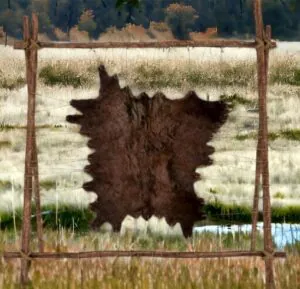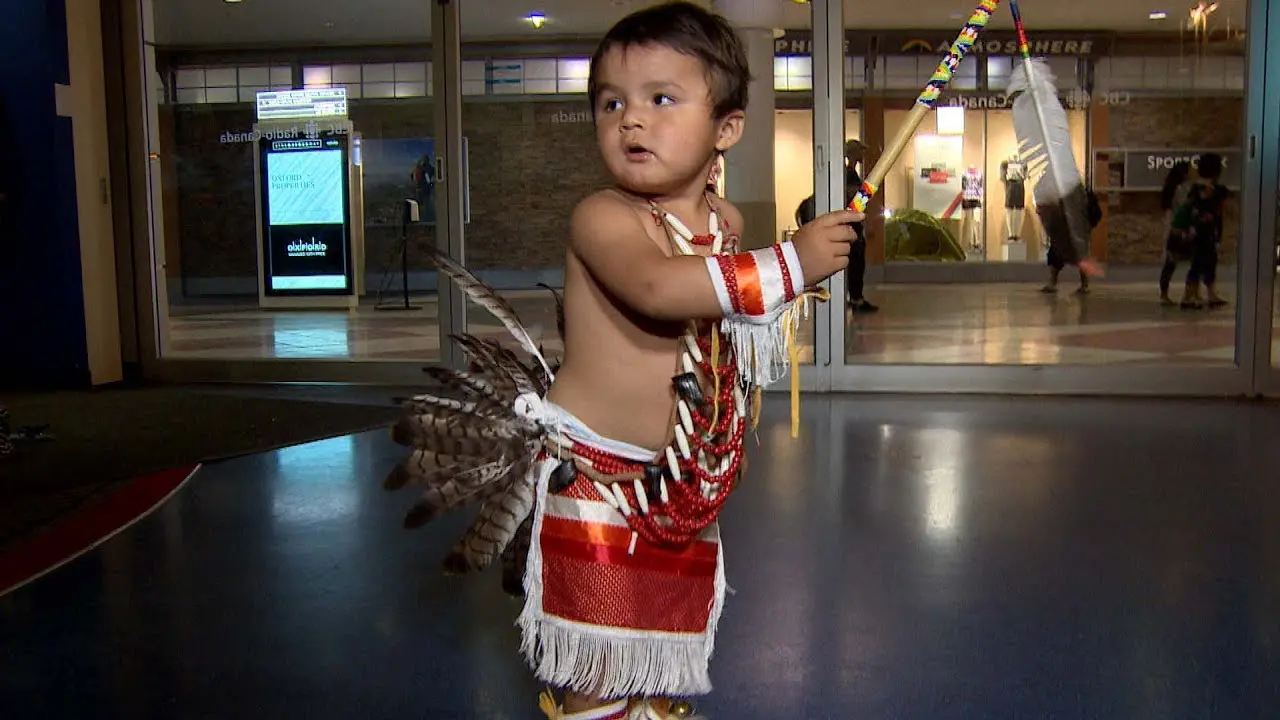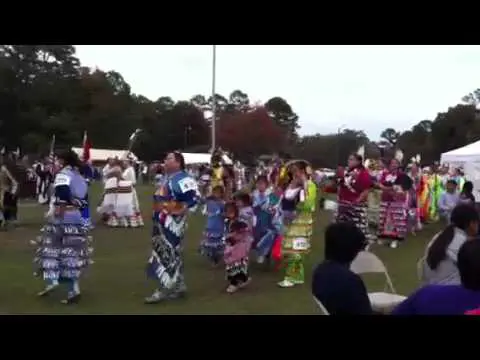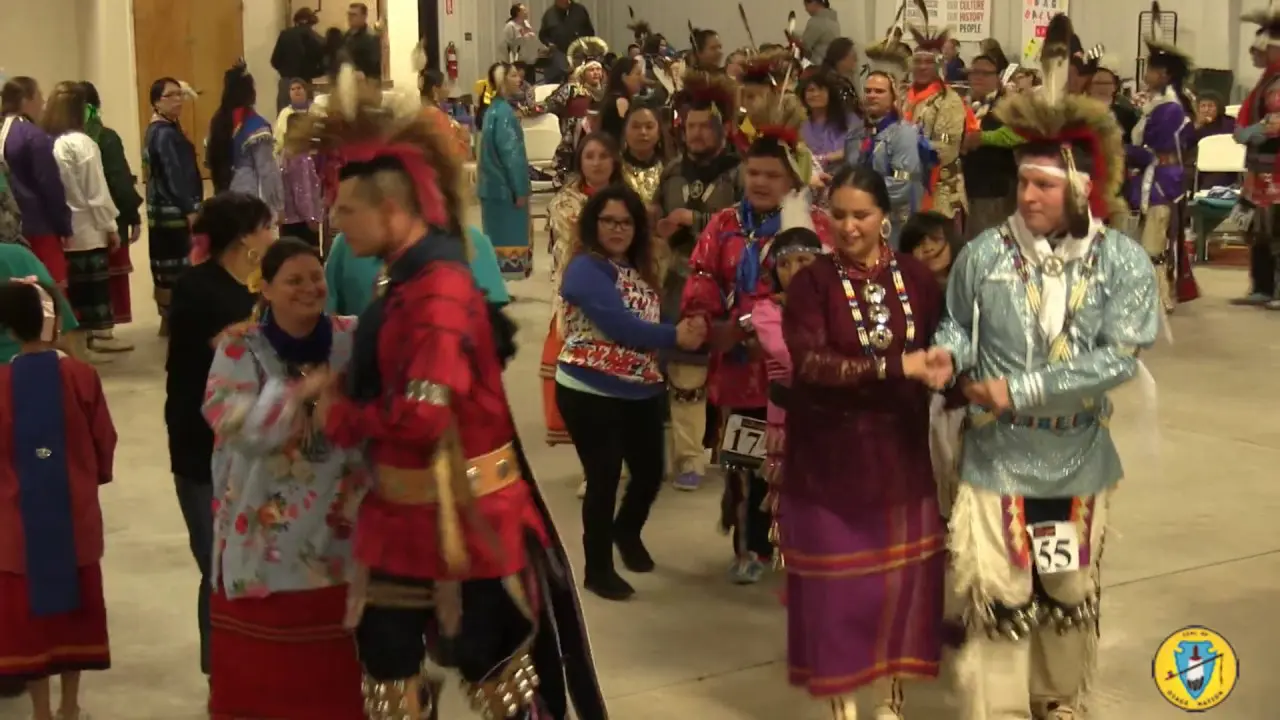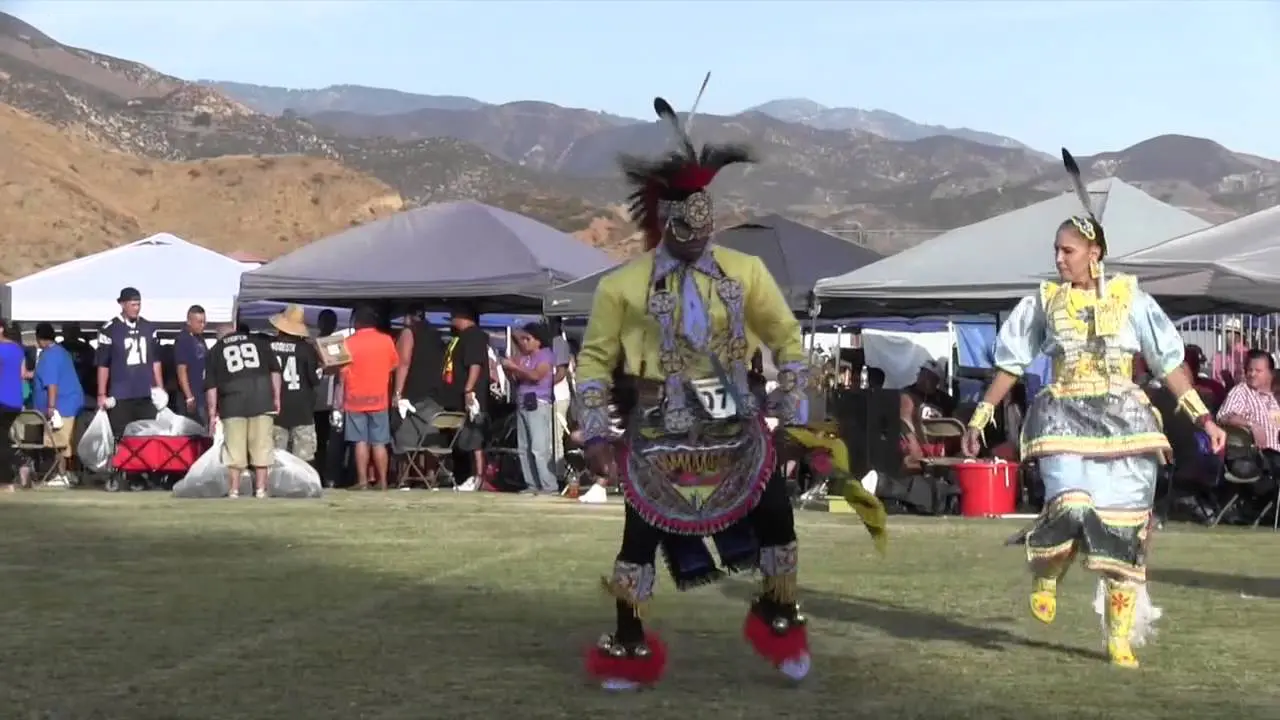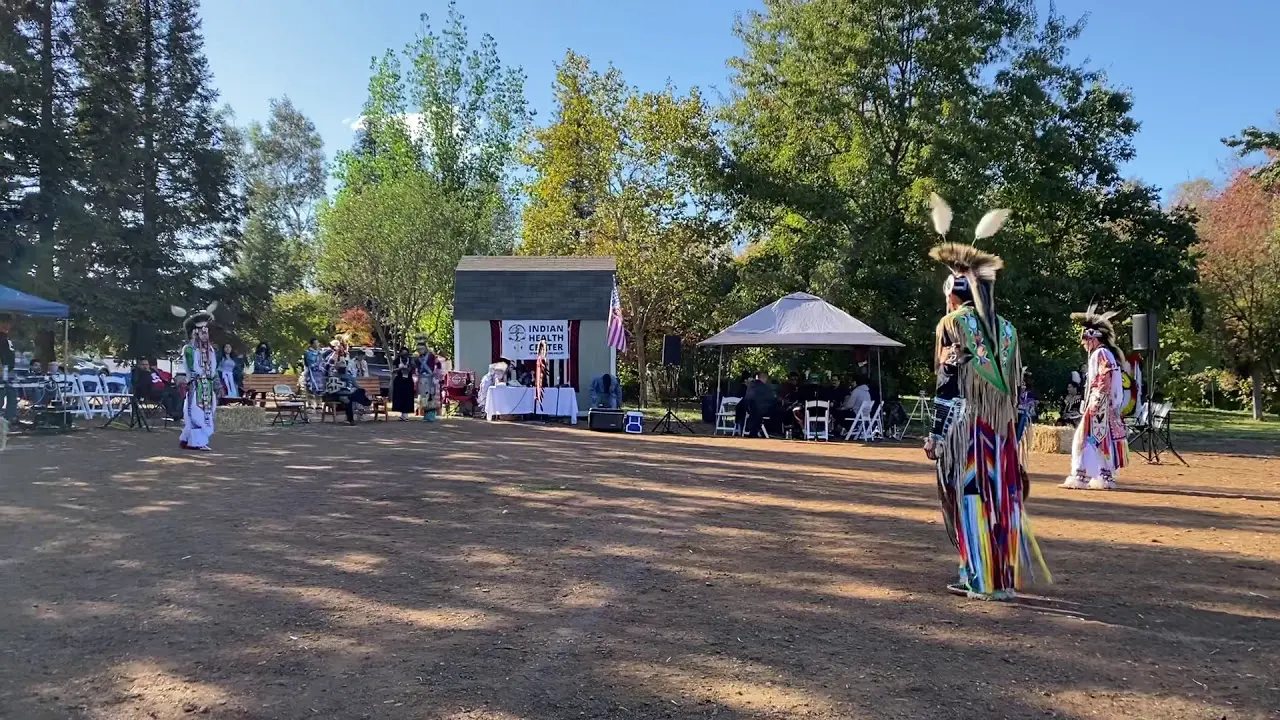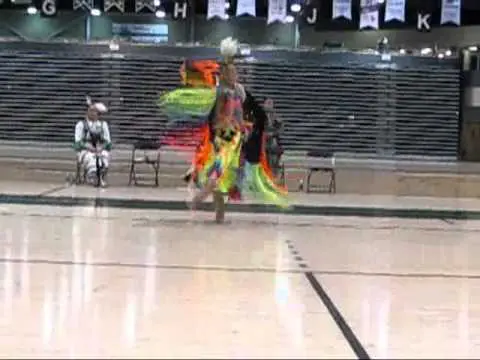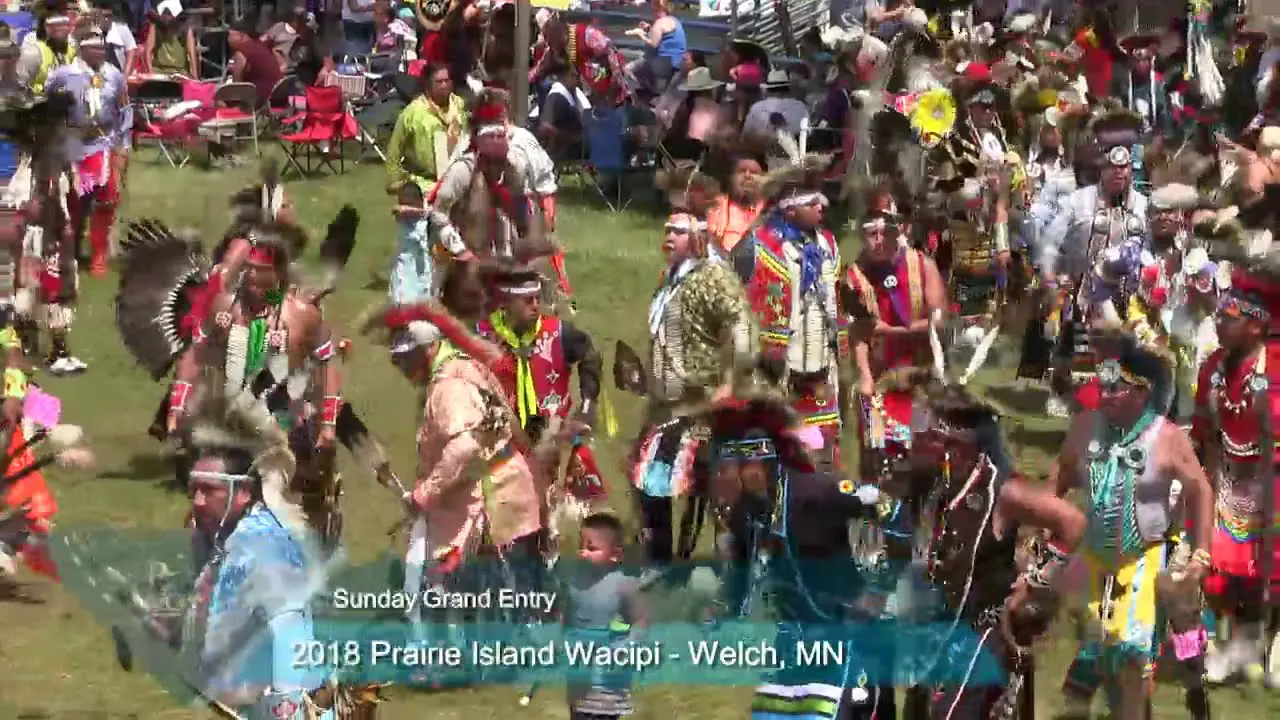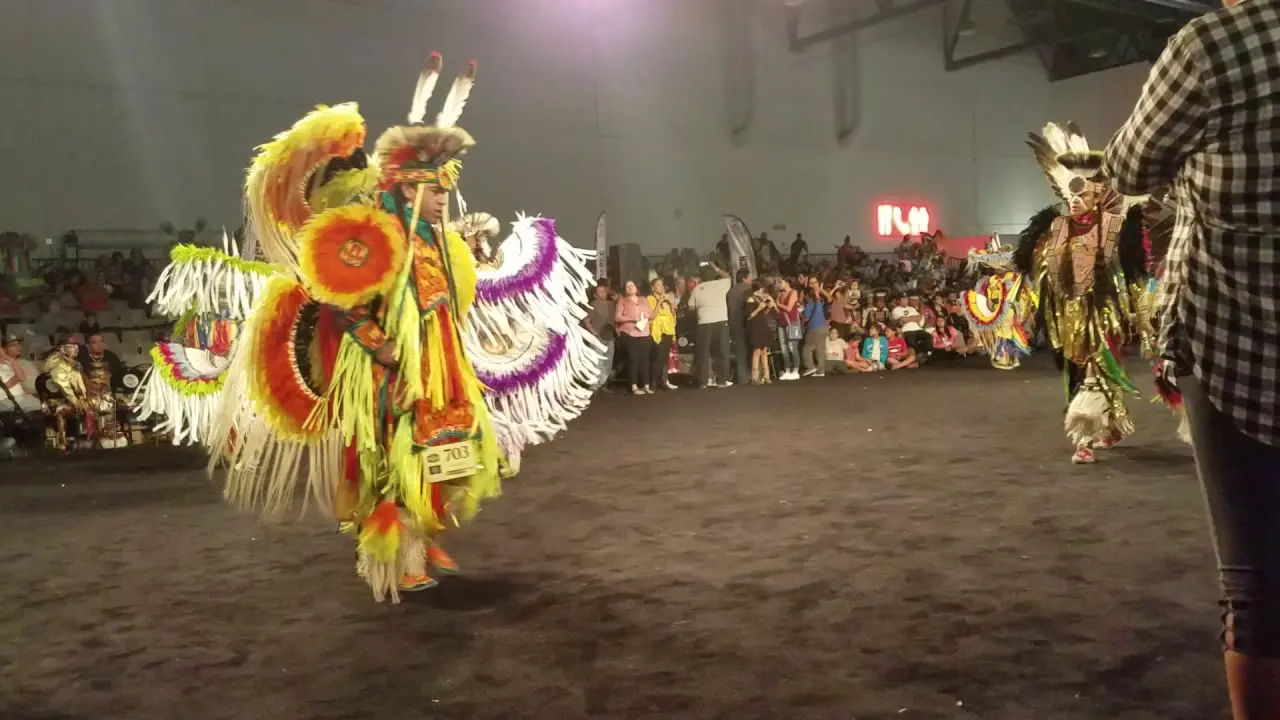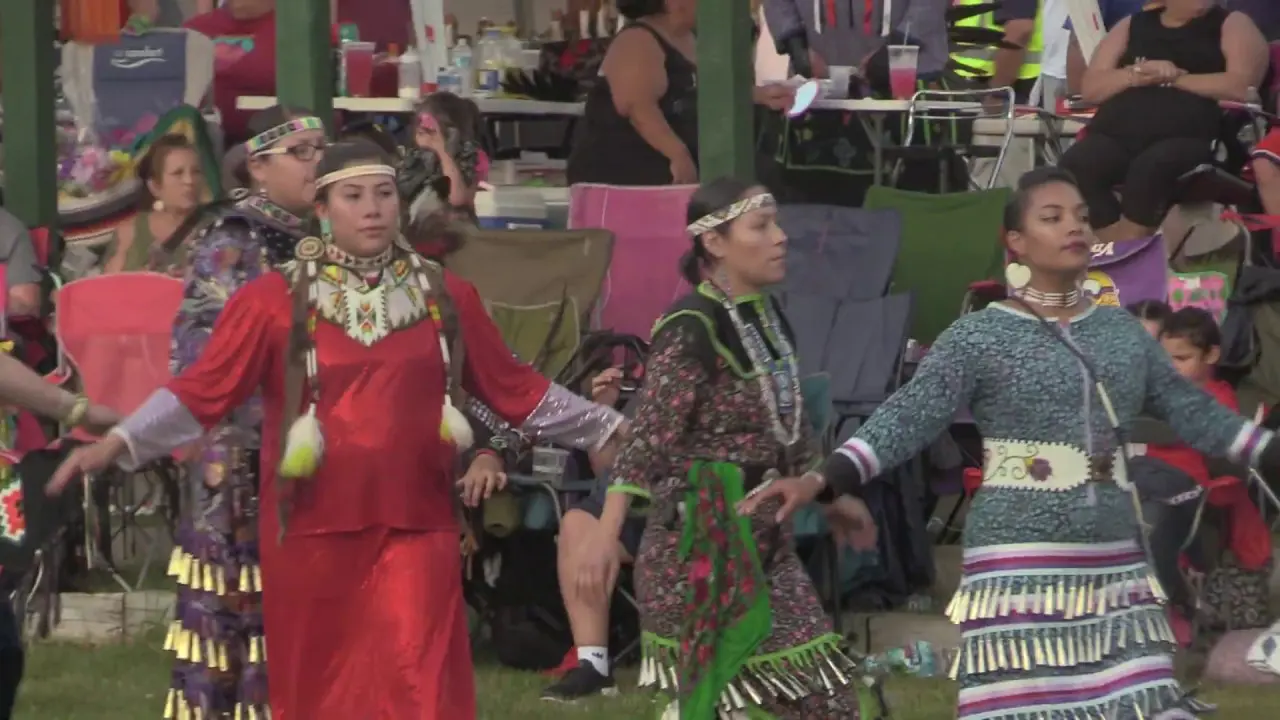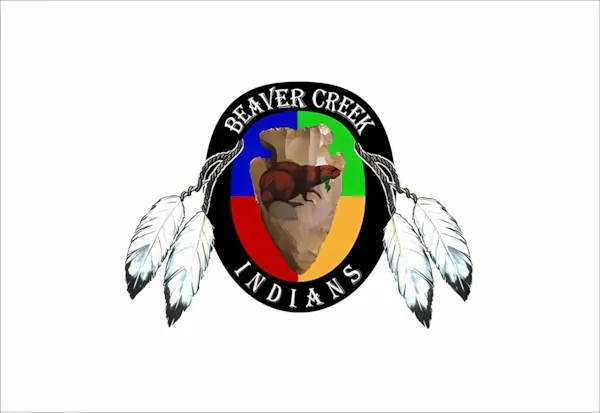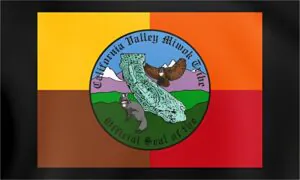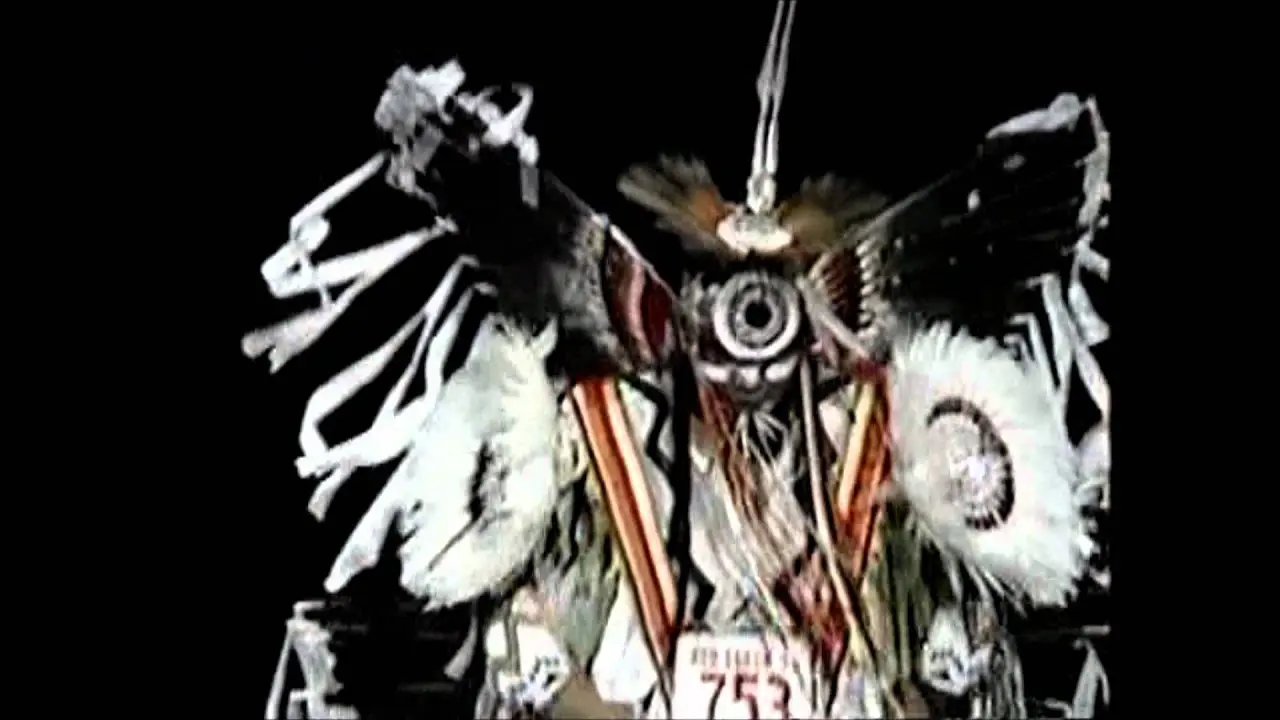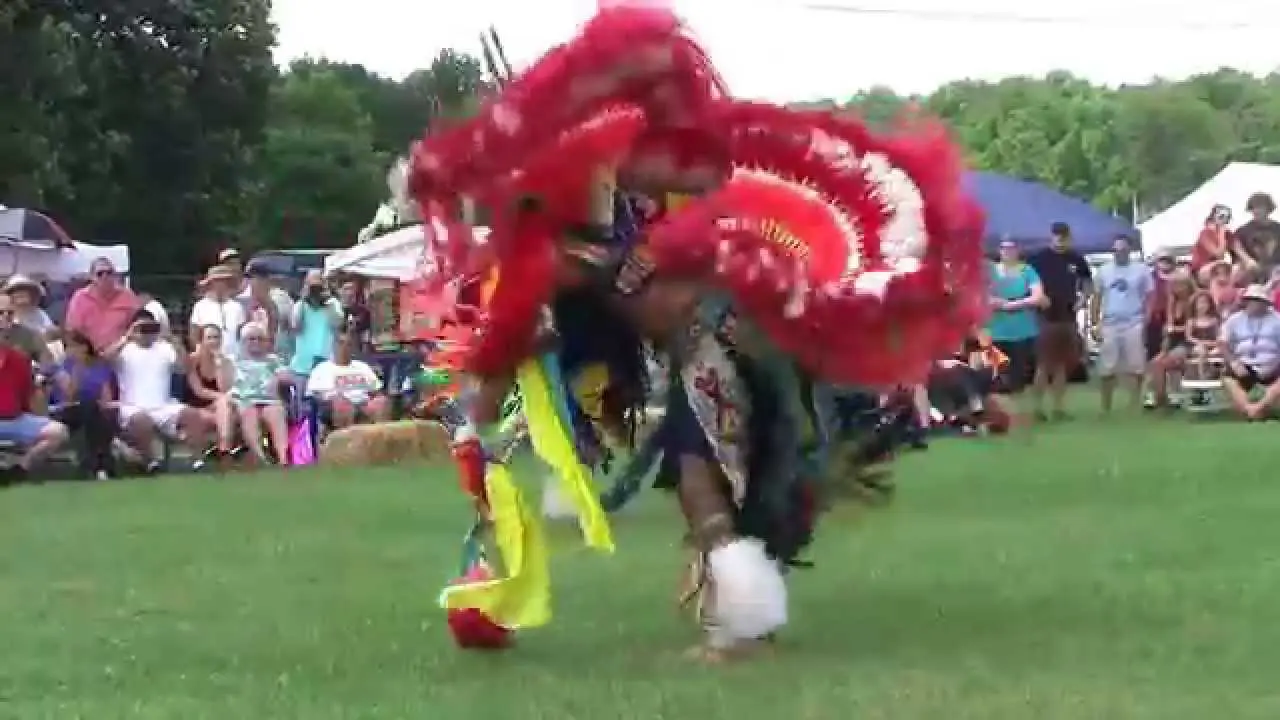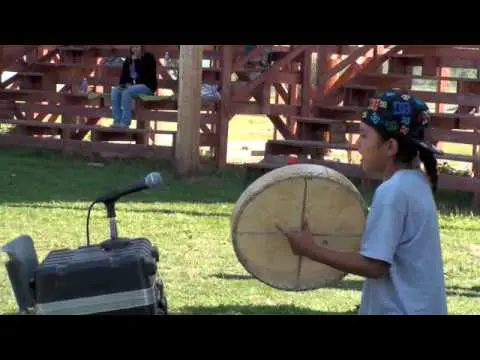Introduction to the Capitan grande Band of Diegueno Mission Indians of California: Viejas-Baron Long Group
The Capitan Grande Band of Diegueno Mission Indians, now primarily represented by the Viejas-Baron long Group, embodies a rich cultural heritage that has thrived in the heart of California’s diverse landscape. Nestled within the scenic surroundings of the Viejas Reservation, this federally recognized tribe serves as a vibrant example of resilience and community spirit, drawing from centuries of tradition while adapting to the modern world.
Historically, the Capitan Grande Band of Diegueno people inhabited the mountainous and desert areas of San Diego County. Their deep-seated connection to the land, evident in their practices and beliefs, is a cornerstone of their identity. Today, the Viejas Reservation not only serves as a source of cultural pride but also as a hub for economic progress and community prosperity. Visitors and residents alike are welcomed to experience the unique customs, art, and culinary delights that reflect this tribe’s storied past.
Thru a commitment to preserving language, traditions, and governance, the Capitan Grande Band continues to thrive, fostering a sense of belonging and purpose among its members. The tribe’s active engagement in environmental stewardship and community outreach underlines its dedication to a sustainable future, while celebrations of heritage and culture invite everyone to appreciate the enduring legacy of the Diegueno people.
As we delve deeper into the history, culture, and contemporary life of the Capitan Grande Band of Diegueno Mission Indians, we invite you to explore this remarkable tribe’s journey, showcasing their unique contributions to California’s history and their ongoing efforts to maintain their identity and traditions in an ever-changing world.
Origin Of The People
The Capitan grande Band of Diegueno Mission Indians, notably the Viejas-baron Long Group, traces its origins to the indigenous peoples of Southern California, specifically the Kumeyaay Nation. The Kumeyaay people have inhabited the region for thousands of years, developing a rich culture and deep connection to the land that includes the mountains and deserts of present-day San Diego County.
The history of the Capitan Grande Band is closely tied to the establishment of Mission San Diego de Alcalá in the late 18th century.The mission system substantially impacted the Kumeyaay lifestyle, as many were drawn into the orbit of Spanish colonialism, which led to important changes in their social structure, economy, and spiritual practices. The Capitan Grande community was among those who engaged with the mission system, which introduced new religious beliefs and practices, as well as agricultural techniques.
During the 19th and early 20th centuries, though, the Capitan Grande Band faced numerous challenges, including displacement from their ancestral lands. In 1934, the Indian reorganization Act attempted to reverse some of this displacement, allowing tribes to establish governments and regain some autonomy. The members of the Viejas-Baron Long Group, now living on the Viejas Reservation, have worked tirelessly to maintain their cultural heritage and sovereignty, ensuring that the traditions, language, and customs of their ancestors continue to thrive.
Today, the viejas Band of Kumeyaay Indians actively engages in cultural preservation and economic development, balancing modern opportunities with traditional practices. The people of the Capitan Grande Band are not only committed to recovering their ancient narrative but also actively participate in contemporary dialogues about indigenous rights, land management, and environmental stewardship. Their resilience in the face of historical adversity is a testament to their enduring connection to the land and their commitment to preserving the rich heritage of the Kumeyaay Nation for future generations.
Tribal Homelands
The Capitan Grande Band of Diegueno Mission Indians, known for their rich cultural heritage and historical significance, primarily inhabit the Viejas Reservation located in San Diego County, California. This area is an integral part of their tribal homelands,encompassing both the Viejas and Baron Long groups. The Viejas Reservation spans approximately 1,600 acres and is situated within the picturesque Laguna Mountains, providing a striking landscape that has sustained the indigenous people for centuries.
the tribal homelands of the Capitan Grande band feature diverse ecosystems, including oak woodlands, chaparral, and meadows. These natural resources not only hold spiritual significance but have historically provided food, shelter, and materials essential to the tribe’s way of life. The reservation is also part of the larger ancestral territory that includes the scenic areas surrounding El Cajon Valley and the foothills of San Diego, which the Diegueno people have historically called home.
The Viejas-baron Long Group pays homage to its ancestors by preserving traditional practices and teachings while also embracing modern opportunities for economic development. Tribally-owned enterprises, including the Viejas Casino and Resort, play a pivotal role in these contemporary efforts, providing jobs and revenue that support educational and health programs for tribal members.
Efforts are ongoing to protect and restore the natural environment within the Viejas Reservation, highlighting the tribe’s commitment to sustainability and ecological stewardship. The Capitan Grande Band actively engages in cultural preservation initiatives,including language revitalization programs,traditional arts,and storytelling,ensuring that the rich history of the Diegueno Mission Indians is passed down through generations.
As the Capitan Grande Band of Diegueno Mission Indians continues to thrive within their tribal homelands, the Viejas Reservation stands as a testament to their resilience, cultural identity, and connection to the land. It provides a nurturing space for community gatherings, ceremonial practices, and the celebration of Diegueno traditions, reaffirming the tribe’s deep-rooted relationship with their ancestral lands.
Interactions With Settlers
The interactions between the Capitan Grande Band of diegueno Mission Indians,particularly the Viejas-Baron Long Group,and settlers have been marked by both positive and negative experiences throughout history. These exchanges reflect a complex relationship shaped by cultural exchange,conflict,adaptation,and resilience.
Positive Interactions
Initially, some settlers and the Viejas community engaged in trade, fostering economic relationships that benefited both parties. The Capitan Grande band was known for their agricultural practices, which included cultivating crops such as corn, beans, and squash. This agricultural expertise attracted settlers who sought to learn sustainable farming techniques suited to the arid California landscape. Moreover, the Band’s rich cultural traditions and artistry, including basket weaving and jewelry making, became valued by settlers, leading to a greater gratitude of Indigenous craftsmanship and cultural diversity.
the establishment of partnerships with some settler groups also allowed for mutual aid during times of resource scarcity. The sharing of knowledge regarding local flora and fauna proved essential for settlers adapting to the Southern California climate. These positive interactions contributed to a limited but noteworthy collaboration, highlighting moments of cultural exchange where both communities learned from one another.
Negative Interactions
Conversely, the interactions between the Capitan Grande Band and settlers were often strained and marked by conflict over land and resources. As settlers encroached on traditional territories, the Band faced significant displacement. significant loss of land in the late 19th and early 20th centuries was exacerbated by government policies that aimed to assimilate Indigenous populations, leading to the erosion of traditional ways of life. The forced relocation of the Capitan Grande community in 1934 to make way for the construction of the El Capitan Reservoir significantly impacted their cultural and social structures.Moreover, misunderstandings and differing values around land use often led to tensions between the two groups.While settlers viewed land primarily as a commodity for farming and development, the Viejas community held a spiritual connection to the land, which influenced their approach to stewardship and sustainability. This clash of perspectives frequently enough resulted in conflict, mistrust, and a legacy of resentment that has continued to influence relations today.
In recent decades, the Capitan Grande Band’s efforts to reclaim their cultural heritage and rights have been met with both support and opposition from surrounding communities, highlighting the ongoing complexities of these interactions. Some settlers and local organizations have worked alongside the Band to promote cultural preservation and historical education, while others remain resistant to recognizing the historical injustices faced by Indigenous peoples.
The history of the Capitan Grande Band of Diegueno Mission Indians and their interactions with settlers is a testament to resilience in the face of adversity, illustrating a narrative that encompasses both moments of cooperation and conflict. Understanding this dynamic allows for a more nuanced appreciation of the local history and the ongoing efforts of the Viejas community to honor their traditions while navigating contemporary challenges.
Most Notable Events In Their Tribal History
The Capitan Grande Band of Diegueno Mission Indians, particularly the Viejas-Baron Long Group, has a rich and significant history marked by resilience and cultural heritage. One of the most notable events in their tribal history occurred in the late 19th and early 20th centuries when the U.S. government’s policies on land and resources drastically affected indigenous territories.
in 1903, the establishment of the Capitan Grande Reservation was a pivotal moment. Originally covering around 9,000 acres, this reservation was intended to provide a haven for the Diegueno people. However, due to encroachments and poor treatment of the tribe, the land was drastically reduced over the years. The original location, rich in natural resources, was heavily impacted by the construction of the El Capitan Reservoir in the 1930s, which led to the flooding of traditional village sites and burial grounds.
Despite these challenges, the tribe demonstrated remarkable resilience.In the mid-20th century, particularly during the 1950s and 1960s, members of the capitan Grande Band initiated efforts to reclaim their identity and cultural heritage. this period saw a revival of traditional ceremonies, language preservation, and a focus on tribal governance that laid the foundation for future self-determination.
The establishment of the Viejas Reservation in 1983 marked another significant chapter in their history. through determination and advocacy, members successfully negotiated to create a separate and sovereign space where they could practice their culture and govern their community.The opening of the Viejas Casino and Resort in 1991 was likewise a notable achievement, providing economic growth and funding for programs that support tribal members’ welfare and education.
In recent years, the Capitan Grande Band has actively engaged in environmental stewardship and cultural preservation efforts. Initiatives aimed at sustainable land use and biodiversity conservation reflect their commitment to protecting both their ancestral lands and the environment. The tribe embraces modern technology while also respecting traditional practices, ensuring that the history of the Viejas-Baron Long Group is honored and passed down through generations.
Through these pivotal events and ongoing initiatives, the Capitan Grande Band of Diegueno Mission Indians continues to navigate the complexities of modern America while firmly rooted in their cultural identity and history, showcasing their tenacity and spirit in the face of adversity.
Where Are Their Tribal Lands Now And How Were They Established
The Capitan Grande Band of Diegueno Mission Indians, specifically the Viejas-Baron long Group, currently resides on the Viejas Reservation in Southern California. This federally recognized tribe’s land encompasses approximately 1,600 acres in the foothills of the San Diego Mountains, near the city of Alpine. The establishment of their reservation was a significant milestone in the tribe’s history, rooted in a series of complex legal and social developments.
The Viejas Reservation was officially recognized in 1934, following the passage of the indian Reorganization Act, which aimed to reverse the damage caused by the Dawes Act of 1887. This earlier legislation had led to the fragmentation of tribal lands, leaving many indigenous communities landless. The recognition of the Viejas Reservation allowed the Capitan Grande Band to reclaim a portion of their ancestral territory.
The process of establishing the Viejas Reservation involved negotiations with federal authorities, resulting in the transfer of land that had been set aside for the tribe. Additionally, the tribe worked diligently to secure their place within the broader context of California’s Native American heritage. The Viejas Band has since developed their lands into a thriving community, focused on cultural preservation and economic development, which includes successful enterprises such as gaming and local business initiatives.
Today, the Viejas Reservation serves not only as a home for tribe members but also as a cultural center where traditions and language are preserved and celebrated. The tribe continues to engage in efforts to educate the public about their history and heritage, working towards enhancing the well-being of current and future generations.
Modern Concerns Of The Tribe
The modern concerns of the Viejas-Baron Long Group of the Capitan Grande band of Diegueno Mission Indians of California revolve around a variety of cultural, economic, and environmental issues. As a federally recognized tribe, the Viejas Band is focused on preserving and revitalizing their rich cultural heritage while navigating the complexities of contemporary society.
Cultural preservation remains a primary concern for the Viejas.As younger generations grow up in an increasingly digital world, the tribe prioritizes language revitalization and traditional practices, ensuring that their ancestral teachings and customs do not fade away. Efforts include educational programs that foster traditional crafts, storytelling, and the Diegueno language, providing community members with opportunities to connect with their heritage.
economically, the Viejas have made significant strides through ventures like the Viejas Casino and Resort. However, with these developments come concerns about the balance between economic growth and environmental sustainability. The tribe is vigilant about ensuring responsible development practices that protect their ancestral lands and natural resources. They are actively involved in initiatives to promote green energy and sustainable tourism, aiming to minimize their ecological footprint while maximizing economic benefits.
Furthermore, the Viejas Band faces contemporary challenges regarding community health and welfare. Addressing issues such as access to healthcare, mental health resources, and food sovereignty is critical. The tribe emphasizes programs that promote wellness, nutrition, and fitness, which are paramount for fostering a healthy community.
Social and political advocacy also plays a key role for the Viejas. Engaging with local and state governments, the tribe works to influence policies that affect Indigenous peoples, especially in areas such as tribal sovereignty, taxation, and resource management. The viejas Band is committed to ensuring their voice is heard in discussions that impact their rights and future.the viejas-Baron Long Group of capitan Grande Band of Diegueno Mission Indians continuously strives to balance traditional values with the demands of modern life. Through cultural preservation, economic duty, community wellness, and political advocacy, they aim to create a sustainable future that honors their past while embracing modern opportunities.
Events And Other Social and Political Activities
The Capitan Grande Band of Diegueno Mission Indians,particularly represented by the Viejas-Baron Long Group,actively engages in a variety of events and social and political activities that highlight their cultural heritage and community aspirations. Located on the Viejas Reservation in california, this tribe hosts numerous events that foster a strong sense of identity and connection among community members.
One prominent event is the Viejas Powwow, which attracts participants and visitors from across the region. This vibrant gathering celebrates Native American culture through traditional dancing, drumming, and music. Participants showcase intricate regalia, and the event serves to educate the public about their customs and traditions. The powwow also includes food vendors offering authentic Native cuisine, contributing to the communal atmosphere that emphasizes the importance of sharing cultural practices.
Additionally, the Capitan Grande Band is dedicated to preserving their language and lore through educational events and workshops. Tribal leaders frequently organize storytelling sessions that engage younger generations, ensuring the传承 of traditional knowledge and strengthening ties to their ancestral roots. These storytelling events often incorporate aspects of history, spirituality, and environmental stewardship, providing holistic insights into the tribe’s worldview.
On a political level,the tribe remains active in advocating for Native rights and sovereignty. They participate in regional meetings with other tribes and governmental organizations to discuss issues such as land rights, environmental concerns, and economic development initiatives. The Viejas Band’s leadership is proactive in forming alliances with other Indigenous groups to amplify their voices on critical issues affecting Native communities.
Through community outreach programs, the Capitan Grande Band also addresses social issues like health disparities and education challenges faced by indigenous peoples. They collaborate with local organizations to provide health screenings, preventive care, and educational seminars aimed at promoting wellness within the community.
furthermore, the tribe celebrates their cultural identity annually during California Native American Day, where they honor their ancestry through art, historic exhibitions, and discussions around contemporary challenges. This day not only fosters pride in their heritage but also unites different Indigenous communities in California, highlighting the importance of solidarity.
the Capitan Grande Band of Diegueno Mission Indians exemplifies resilience and engagement through their vibrant events and steadfast commitment to advocating for their community’s rights,identity,and future. Their proactive involvement in social and political dialogues underscores the tribe’s essential role in preserving their legacy while navigating the complexities of modern society.





